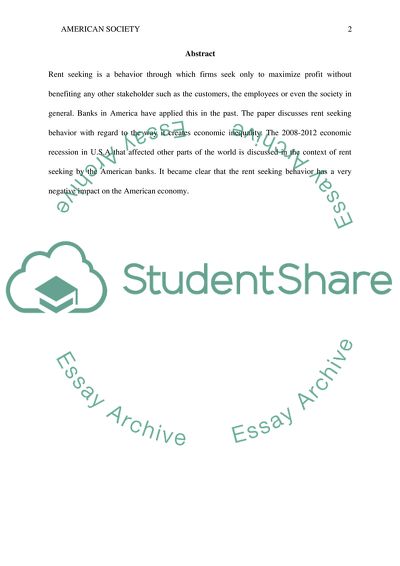Cite this document
(Limitations of Rent-Seeking in the US Research Proposal Example | Topics and Well Written Essays - 2500 words - 1, n.d.)
Limitations of Rent-Seeking in the US Research Proposal Example | Topics and Well Written Essays - 2500 words - 1. https://studentshare.org/finance-accounting/1875306-american-society
Limitations of Rent-Seeking in the US Research Proposal Example | Topics and Well Written Essays - 2500 words - 1. https://studentshare.org/finance-accounting/1875306-american-society
(Limitations of Rent-Seeking in the US Research Proposal Example | Topics and Well Written Essays - 2500 Words - 1)
Limitations of Rent-Seeking in the US Research Proposal Example | Topics and Well Written Essays - 2500 Words - 1. https://studentshare.org/finance-accounting/1875306-american-society.
Limitations of Rent-Seeking in the US Research Proposal Example | Topics and Well Written Essays - 2500 Words - 1. https://studentshare.org/finance-accounting/1875306-american-society.
“Limitations of Rent-Seeking in the US Research Proposal Example | Topics and Well Written Essays - 2500 Words - 1”. https://studentshare.org/finance-accounting/1875306-american-society.


